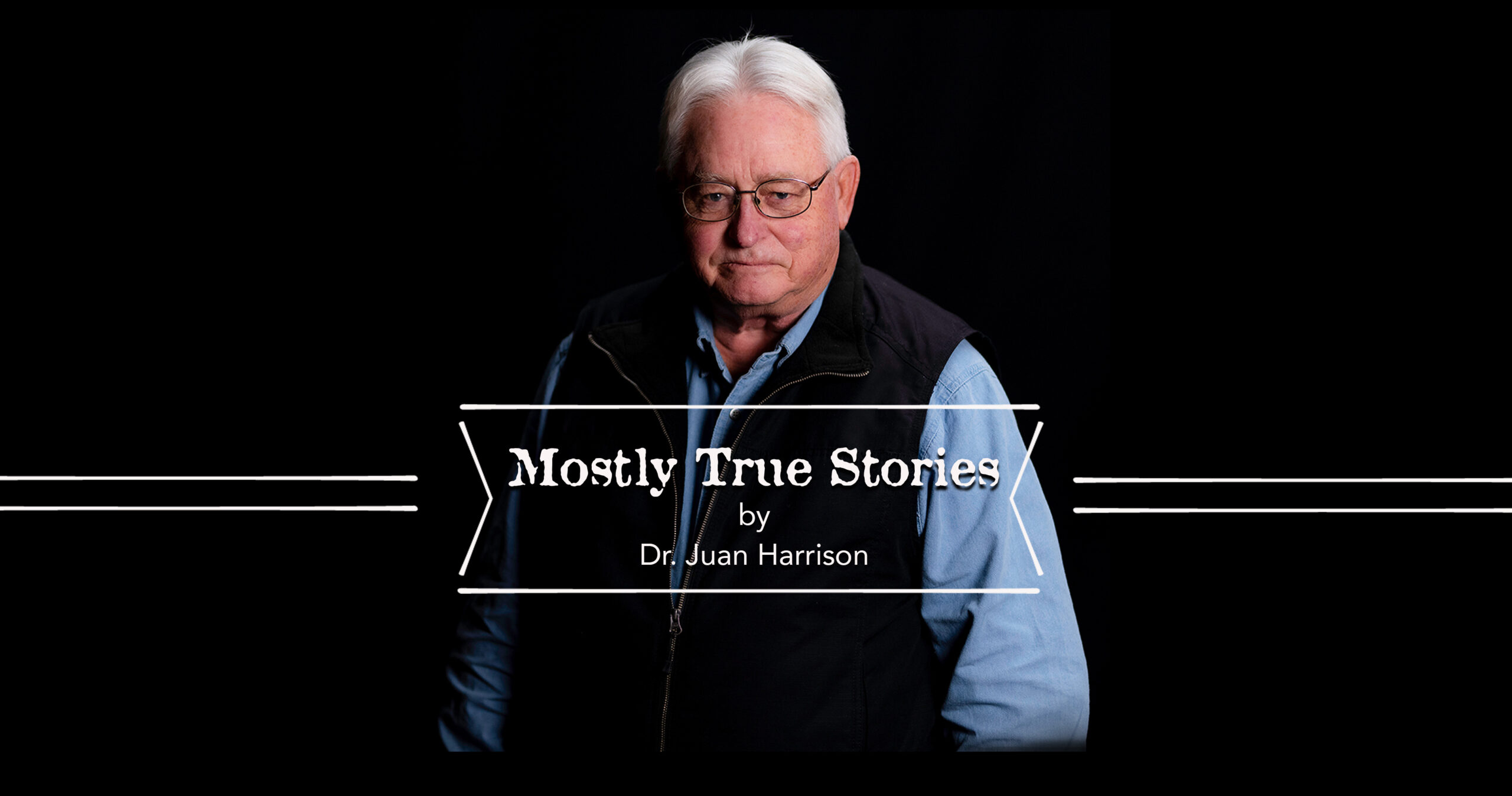Public affairs: Setting summer routines by Mattison Holland

[adning id=”33097″]
 Summer is a great time to get lost in adventure. No other time of year can make jumping in the pool or going to the lake sound more fun. Your mindset determines what kind of summer you’ll have, so it can either be full of television and time spent on the couch or be full of new memories and laughs shared with close friends.
Summer is a great time to get lost in adventure. No other time of year can make jumping in the pool or going to the lake sound more fun. Your mindset determines what kind of summer you’ll have, so it can either be full of television and time spent on the couch or be full of new memories and laughs shared with close friends.
THE IMPORTANCE OF GOOD SLEEP
Because summertime is usually full of free time and clear schedules, the adolescent inclination of sleeping in until late afternoon can seem more appealing. However, according to PBS because of sleeping in you ¨upset the balance between the sleep drive and the circadian clock.¨
Summertime is meant for catching up on sleep, sure, however, it’s good to get outside and hang out with friends. Studies show that surrounding yourself with your close friends and having a good time can ¨increase your sense of belonging, improve self-confidence and help reduce stress and anxiety.¨ Making memories with friends, or anyone, can prevent isolation and the feeling of loneliness you might be experiencing.
Whether your reason might be bonding with friends or binging the new season of your favorite show, another difficult habit to break might be staying up late. Staying up late occasionally really isn’t anything to worry about, but when it becomes a part of your routine you might start seeing changes in your mood and even your mindset.
Staying up late consistently can lead to sleep deprivation and cause long-term issues like decreased brain function, obesity, depression, increased anxiety, a weakened immune system, and much more. PBS states ¨Night owls are forced to rise early for school or work. Social activities keep early risers up late. This disharmony between societal obligations and our sleep cycles is called social jetlag.¨
The Sleep Foundation states ¨Circadian rhythms are 24-hour cycles that are part of the body’s internal clock, running in the background to carry out essential functions and processes. One of the most important and well-known circadian rhythms is the sleep-wake cycle.¨
Specifically, regarding teenagers, PBS discusses how most teens stay up late because for some the time they should be sleeping is the only time they have to themselves. They state ¨Sleep loss due to early morning school schedules can increase a teen’s risk toward obesity, mood disorders like depression, drug use, and automobile accidents.¨
Because of issues like these, it’s important to establish a good routine to keep you productive and healthy, especially in the summer season. During summer you have the opportunity to be active as well as productive in work, financially, and mentally. This is especially the case for teenagers.
Depending on your level of sophistication regarding mental well-being, it may be harder to create change compared to others. Some people make life adjustments look so easy. However, some people crave the idea of change but find it so hard to actually make those same changes stick.
Being disciplined and having a routine can truly benefit you and your mind. NorthShore’s online source gives us simple steps and tips on what to put in your routine and essentially how to make it persist. Some points they say you might want to consider while creating your routine are ¨Decide what needs to be in your routine, set small goals, lay out a plan, be consistent with time, be prepared, make it fun, track your progress, and reward yourself.¨
Creating your routine starts with waking up. One important factor that people don’t pay attention to that can really impact a person’s mental health is making your bed. In an article written by Sarah Vanbuskirk regarding this topic, it states ¨there is a wealth of anecdotal evidence that points to substantial mental health benefits of this daily practice. These potential advantages include the following: A feeling of accomplishment, a sense of calm, better sleep, enhanced organization, improved focus, relaxation, and stress reduction.¨
EXERCISE AND ENDORPHINS
 Physical activity has so many positive effects mentally and health-wise. WebMD says ¨When you exercise, your body releases chemicals called endorphins. These endorphins interact with the receptors in your brain that reduce your perception of pain. Endorphins also trigger a positive feeling in the body, similar to that of morphine.¨
Physical activity has so many positive effects mentally and health-wise. WebMD says ¨When you exercise, your body releases chemicals called endorphins. These endorphins interact with the receptors in your brain that reduce your perception of pain. Endorphins also trigger a positive feeling in the body, similar to that of morphine.¨
According to an article by the National Library of Medicine, NLM, ¨Exercise improves mental health by reducing anxiety, depression, and negative mood and by improving self-esteem and cognitive function. Exercise has also been found to alleviate symptoms such as low self-esteem and social withdrawal.¨
Not only is frequent exercise beneficial, but the time in which you exercise. Because your morning sets the tone for the rest of the day, people say it’s better to work out early rather than in the evening or afternoon. This is because in the morning you have healthier food options and there are fewer distractions.
Healthline states ¨By exercising early, you may feel more energized throughout the day.¨ Having a healthy circadian rhythm can help you to get up early and be motivated to work out.
HEALTHY DIET, HEALTHY LIFE
 One key factor that plays a large hand in your mental health is your diet. The foods you consume are what fuel you throughout your day, so it’s important to have a sense of balance in what you eat.
One key factor that plays a large hand in your mental health is your diet. The foods you consume are what fuel you throughout your day, so it’s important to have a sense of balance in what you eat.
For example, foods overloaded with sugar, fats, etc will cause you to feel sluggish and enhance mood swings. Whereas healthier foods can boost your mood, allow you to achieve a happier outlook, improve your focus, and even make you feel more energized.
Every morning we are all given a choice. That choice is how we are going to respond to the trials we face today. That choice is also knowing that change takes time and that you can’t always be 100%, but you can always give 100%.
Everyone has their own specific things in their lives they have to focus on, but every individual can make simple changes in order to create a positive environment and procure a healthy mindset.
[adning id=”33097″]
By Mattison Holland














